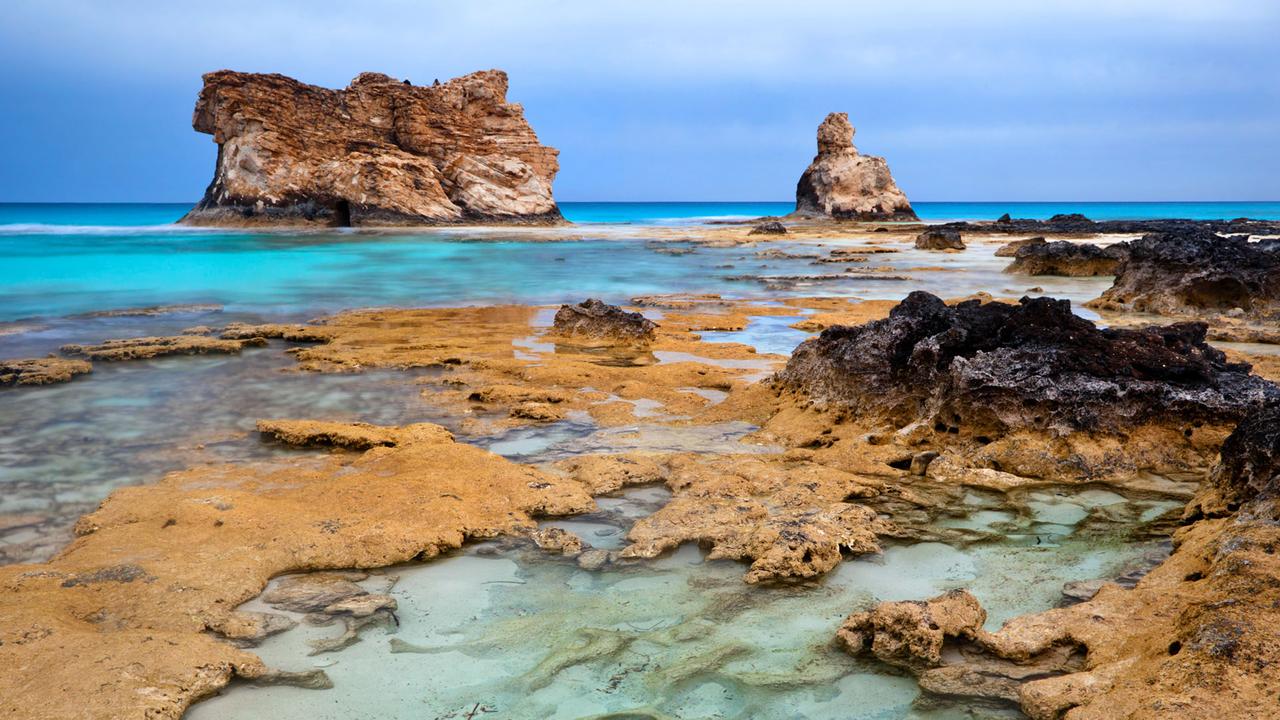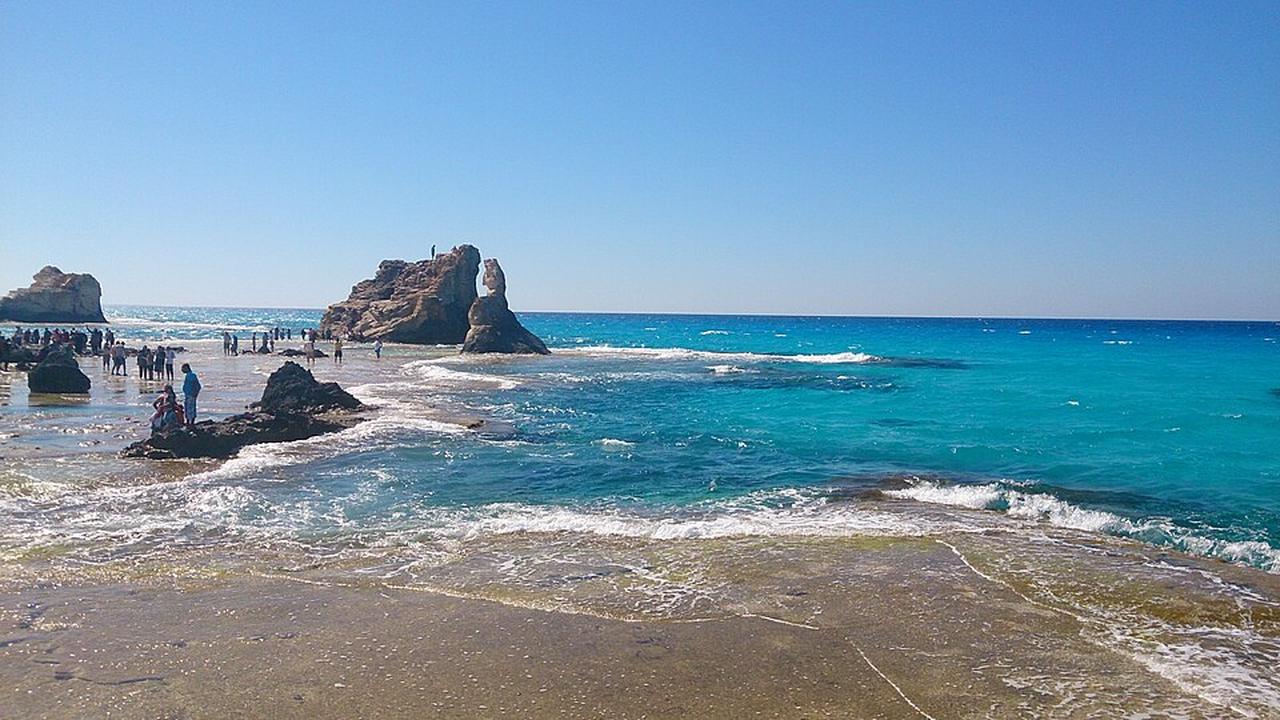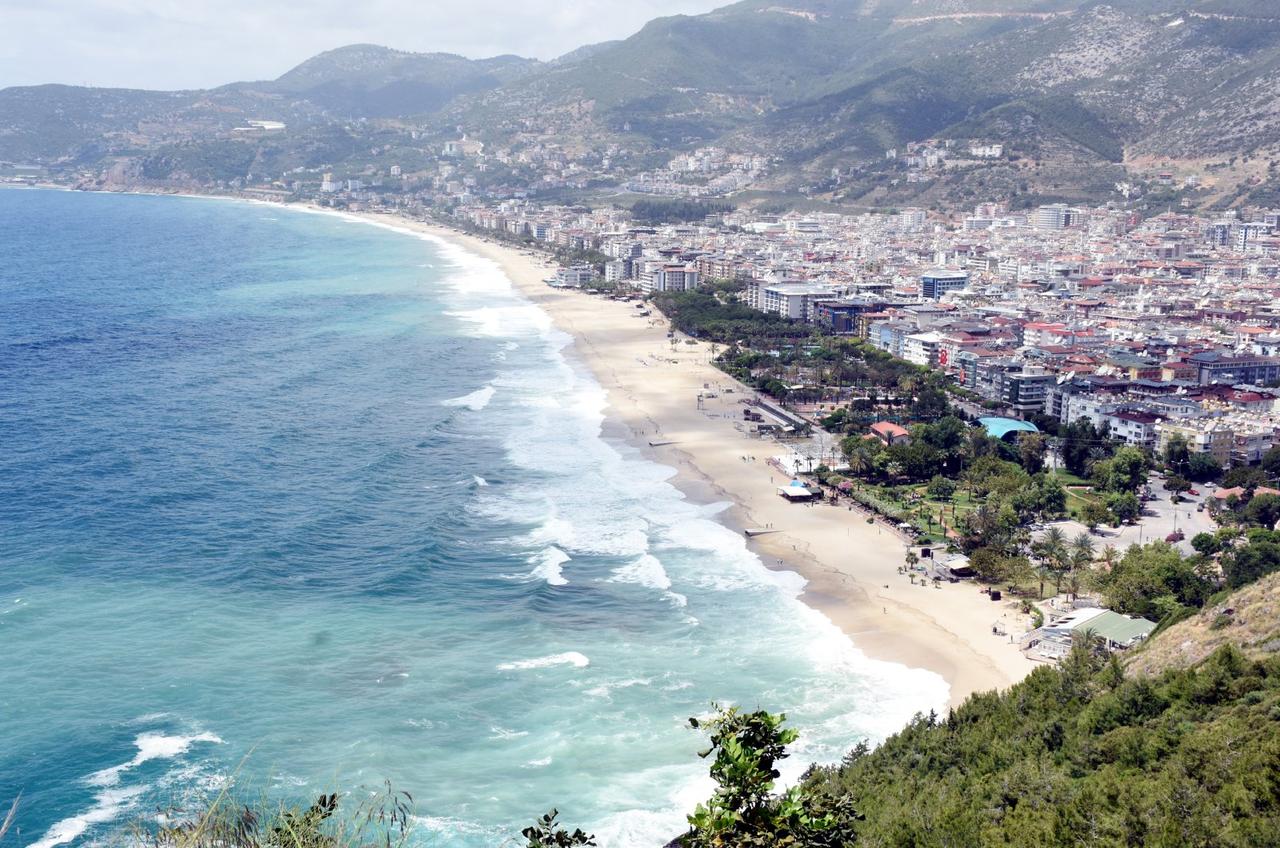
The name “Cleopatra Beach” resonates deeply along the Mediterranean coastline, evoking images of natural beauty intertwined with ancient history. Two distinct yet equally captivating destinations, Marsa Matruh in Egypt and Mugla and Antalya in Türkiye, all bear this name, each offering visitors a unique blend of landscape, culture and legend.
In Egypt’s Marsa Matruh, Cleopatra Beach stands out as one of the region’s most iconic natural wonders. Known for its pristine turquoise waters and gentle, inviting waves, this beach is steeped in historical significance. According to local lore, the legendary Queen Cleopatra herself once bathed in its waters, lending the site an enduring mystique that draws both tourists and history enthusiasts.
Beyond the soft sands and crystal-clear sea, the beach is notable for its remarkable rock formations. The crown jewel is Cleopatra’s Bath, a natural, rock-carved pool filled with warm seawater that flows through an intricate system of tunnels. This secluded pool offers a tranquil and therapeutic experience, blending geological wonder with centuries-old legend. Visitors can immerse themselves in an environment where the grandeur of Egypt’s ancient past meets the serenity of the Mediterranean coast.
Marsa Matruh itself is a destination rich in history and culture. Alongside Cleopatra Beach, the area boasts sites like the temple of Ramses II, featuring ancient ruins and inscriptions that date back to the age of the great Egyptian pharaohs. The combination of natural beauty, historical landmarks, and traditional Bedouin culture creates a compelling tapestry for travelers seeking depth beyond the typical seaside escape.

Across the Mediterranean, Türkiye’s Mugla province hosts its own Cleopatra Beach in the district of Madnin. Known for its golden sands and calm, warm waters, this beach offers visitors a peaceful retreat amid stunning natural surroundings.
Cleopatra Beach, the island’s most famous spot, is world-renowned for its unique sands closely linked to the legendary queen herself. According to local legend, Marcus Antonius brought 60 ships loaded with special sands from Egypt as a gift to Cleopatra when he proposed to her. These sands, with grains less than 1 millimeter in diameter and uniform in size, are found only on Sedir Island and Crete.
Scientific studies have revealed that these sands actually formed naturally on the island and are about 1,500 years older than similar sands found in Egypt. Composed of crystalline carbonate mud, these rare sands sparkle and shine, adding to their allure. Removing sand from the island is strictly prohibited. Visitors must enter Cleopatra Beach barefoot and are required to shower before leaving to preserve this natural treasure.

Cleopatra Beach, located in the southern resort town of Alanya, Türkiye, attracts an average of 3 million tourists each year.
Renowned for its crystal-clear Mediterranean waters and golden sands, the blue-flag beach ranks among the most visited in the country.
Legend has it that the beach was once the bathing spot of Egyptian queen Cleopatra and Roman general Mark Antony, which inspired its modern name.
According to Servet Şakiroğlu, President of the Cleopatra Hoteliers Association, the beach's golden sand is especially unique—it doesn’t cling to the skin of sunbathers.
Whether the legend is true or not, the fact remains that Cleopatra Beach holds a rich history reflecting the enduring spirit of the Mediterranean. It connects visitors to the region’s shared cultural heritage and breathtaking coastal landscapes, embodying centuries of historical significance and natural beauty.
Together, these two Cleopatra Beaches symbolize the Mediterranean’s rich mosaic of history, nature, and legend. Whether wandering the rock-carved pools of Marsa Matruh or basking in the sun-drenched coves of Mugla, travelers are invited to step into a timeless world where ancient stories live on, framed by the enduring beauty of the sea.